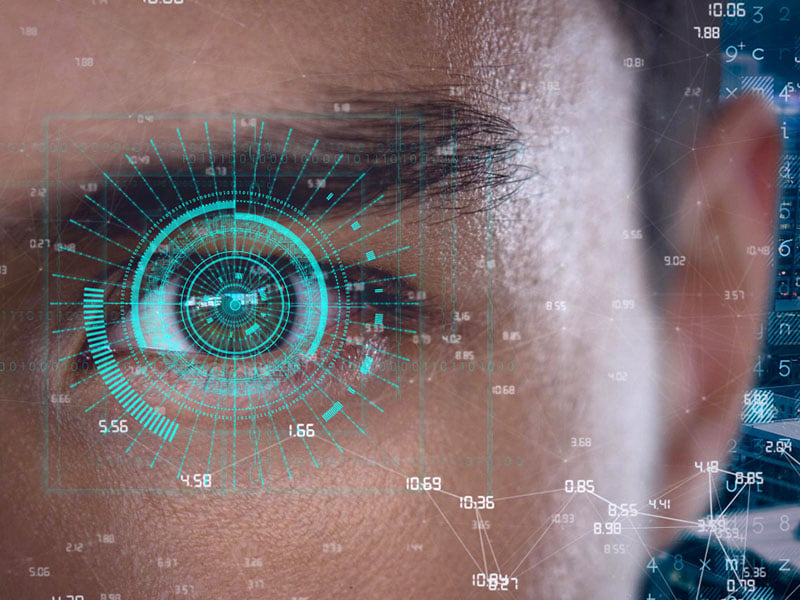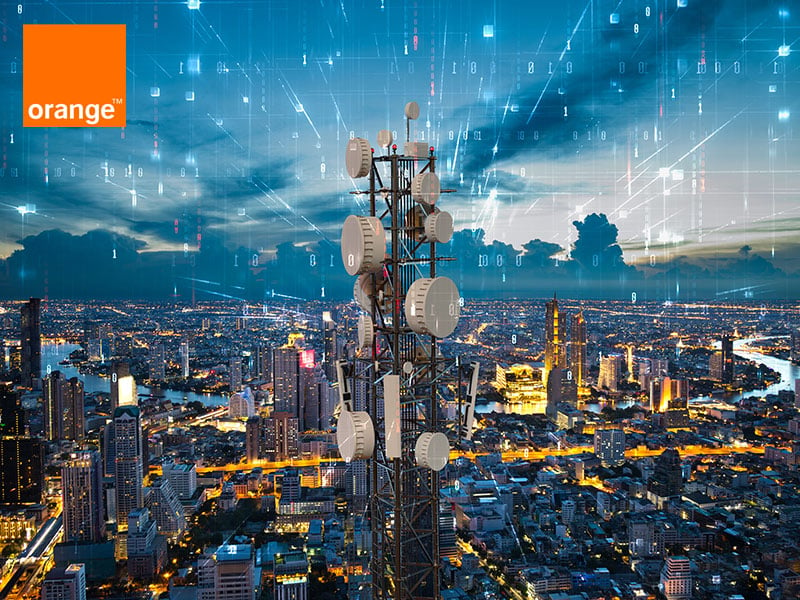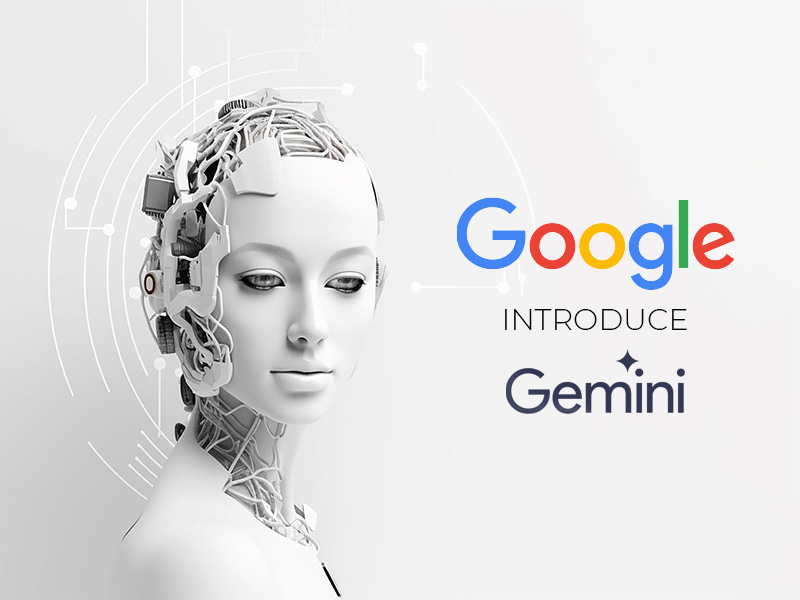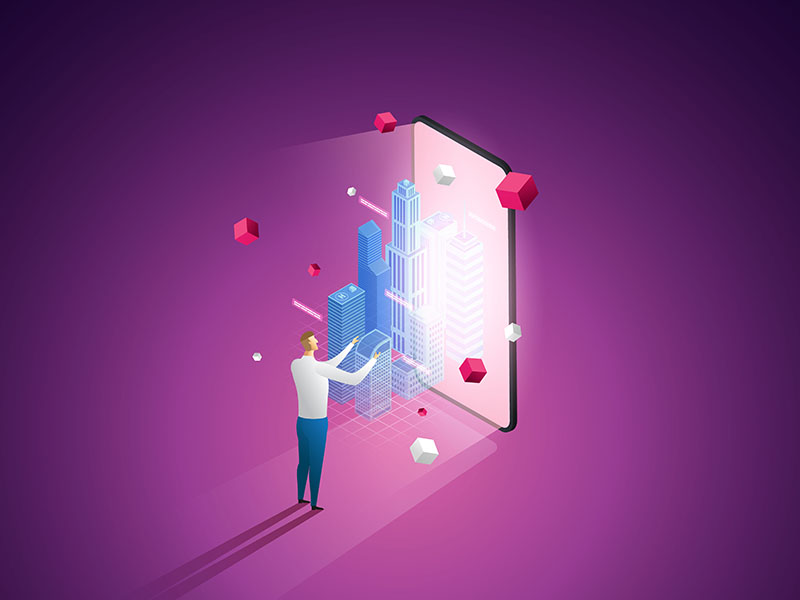What is Worldcoin and what does scanning the iris involve?
04/03/2024Worldcoin was introduced in summer of 2023 as a revolutionary project with the mission of creating a 100% secure digital identity, essentially a kind of fortified "digital passport," based on the verification of a unique and non-transferable element inherent to each human being—the iris. According to its developers, World ID will help distinguish human online activity from that generated by machines. In the first phase of the project, the creation of this secure digital identity is planned for 2 billion humans. To make this possible, Worldcoin has called on the global population to scan their iris. In return, Worldcoin compensates participants with a few tokens of its successful cryptocurrency, WLD, which has quadrupled in value within a few weeks of its initial launch. The payment in WLD tokens is not coincidental; it is part of Worldcoin's strategy, aiming to leverage the new digital passports to create a comprehensive ecosystem that provides universal and equitable access to advanced financial services for the entire global population. To achieve this, they encourage "iris sellers" to use the Worldcoin cryptocurrency on its fee-free blockchain, unlike Bitcoin, Ethereum, or other cryptocurrencies that do charge transaction fees. How does Worldcoin work? Worldcoin aims to address the issues of bots, rapid creation of fake identities, and content with artificial intelligence. It is designed, according to its developers, to provide every individual in the world with a unique digital identification. Additionally, Worldcoin promises to ensure the financial inclusion of each person in a fair and equitable ecosystem through a universal basic income. Users receive this income in exchange for allowing their iris to be scanned. To create the secure digital passport with Worldcoin, users must undergo an iris scan, which serves as proof of humanity and a unique identity on the blockchain. This process ensures that the individual on the other side of that identity is a human and not a fake profile created with artificial intelligence. In pursuit of the success of their proposal, the company offers users a small amount of their own Worldcoin tokens in exchange for iris scanning. The initial incentive of receiving free cryptocurrency, in the form of a universal basic income, is emphasized by Worldcoin advocates as the basis for the inclusive and universal nature of their initiative. This approach allows anyone to scan their iris, and the WLD tokens received in return can assist people without access to traditional financial services in starting to save and invest. How to Scan the Iris with Worldcoin? The registration process with Worldcoin involves scanning the iris with an orb, the central hardware device of Worldcoin developed by Tools for Humanity. The orb is spherical and processes all the information. Currently, Worldcoin has installed orbs in different countries, including Spain, where users can scan their iris in exchange for Worldcoins. To do this, it is necessary to download the Worldcoin mobile application, World ID, generate a QR code with it, and display it in front of the orb. The orb, upon recognizing it, will scan the user's iris, while a Worldcoin collaborator remotely oversees the operation. The orb takes less than a minute to perform the scan and validate the subject's identity. In exchange for their iris, the user receives a unique number called "IrisHash" and a cryptographic wallet with Worldcoins. "This digital passport is accepted as proof of unique humanity, which people can use in the digital world without the need to share any other data," assure its developers. What happens with my scanned iris in exchange for Worldcoins? Once the iris scan is completed, and digital identity is granted to the user, Worldcoin assures that the orb quickly eliminates the images unless the user requests their preservation. Only the set of numbers called "IrisHash" is stored for identification, without any additional biometric data. Worldcoin also commits to ensuring that users share only the necessary information they wish to share, providing verification options through linked devices or the additional facial authentication orb for high-security cases. Despite these commitments, the collection of biometric data through iris scanning for the unique proof of humanity continues to raise significant questions regarding privacy and information security. Some countries such as Brazil, France, India, or Kenya have halted Worldcoin's iris scanning. How much do you get paid for scanning your iris? Worldcoin pays 25 WLD for scanning your iris, which, according to the cryptocurrency's exchange rate in February 2024, has translated to an average of between 50 and almost €160 for iris sellers, depending on the value of Worldcoin on the day they scanned their iris. At the beginning of February, the value of each WLD unit was around two euros, and by the end of the month, it had risen to nearly seven euros. What can I spend my WLD on? 'Iris sellers' have the freedom to use their Worldcoins from the moment they receive them. They can exchange the payment for other cryptocurrencies, withdraw them in euros from a specialized ATM, or hold onto the tokens in the hope of an increase in their value. Additionally, WLD payments are already accepted on platforms such as Discord, Shopify, Minecraft, Telegram, Mercado Libre, or Reddit, among other places. Who is behind Worldcoin? Worldcoin bears the stamp of two innovative minds: Sam Altman and Alex Blania. Altman is the CEO of OpenAI and a key figure in artificial intelligence development, leading projects like ChatGPT. Blania, on the other hand, is the co-founder of Tools For Humanity, contributing his experience in creating technological tools for a more equitable economic system to this new and successful cryptocurrency.
[ ... ]LG
LGSince its founding in 1958, the South Korean brand LG Electronics has made an extraordinary effort to improve the lives of its users. LG is a company that creates, manufactures, and markets electronic products of various kinds. As grandiose as it sounds, this company places special emphasis on products that make life easier for the consumer. In other words, its entertainment and home appliance business lines are the benchmark.
[ ... ]Orange transforms the gaming experience with AI and the 5G+ Stand Alone Network
29/02/2024Orange has harnessed the power of Artificial Intelligence (AI) and the advanced architecture of the 5G+ Stand Alone network, leveraging its fragmentation capabilities, to reinvent a Virtual Reality (VR) athletics video game from the 1980s. In this revamped version, users have the opportunity to become exceptionally realistic avatars, competing with other players located in various places. The game employs Artificial Intelligence (AI) to accurately identify the user's anatomy and textures, creating the avatar. This process involves a three-dimensional volumetric scan of the subject, performed with a total of 21 cameras. Based on this detailed information, the avatar is created, allowing the player to participate in thrilling athletics races, competing against virtual opponents physically located in different locations. Fragmentation technology for efficient virtual networks During the game's usage, it leverages the capacity of network fragmentation technology to establish various virtual networks on the same physical infrastructure. This is achieved through efficient resource allocation tailored to the specific needs of the service, considering key aspects such as quality, availability, privacy, and security. In the case of Orange's VR game, it achieves this by prioritizing a fast and secure connection with minimal latency for an enhanced gaming experience. Immersive Now by Orange The presentation of Orange's athletics game took place at the Mobile World Congress in Barcelona, where the orange mobile telecommunications operator also showcased a virtual reproduction of its booth using the Immersive Now 360 platform for entertainment and events.
[ ... ]Google Integrates Gemini AI into Google Ads
29/01/2024Google has commenced the integration of Gemini's Artificial Intelligence (AI) into the conversational experience of its Google Ads service. This integration aims to assist marketing professionals in creating more effective advertising campaigns through the generation of specific content. Conversational Experience Empowered by Gemini Initially available for English-speaking advertisers in the United States and the United Kingdom in beta, this expansion will roll out globally in the coming weeks, with plans to include other languages in the near future. By providing the website's URL, the AI generates relevant advertising content, including creative pieces and keywords, facilitating the creation of optimized campaigns. Suggestions for Tailored Images in Captivating Visual Campaigns In an upcoming development, Google Ads' conversational experience will also include the ability to suggest images tailored to the campaign through the use of generative AI and materials from the advertiser's landing page. This feature, scheduled for implementation in the coming months, will provide advertisers with a comprehensive solution for creating visually appealing campaigns. Google has emphasized that all images generated by AI in Google Ads will be clearly identified, thanks to the SynthID technology that places an invisible watermark accompanied by open standard metadata.
[ ... ]Google presents its new augmented reality search experiences
21/11/2022Google presents its new augmented reality search experiences From this week, Google users in London, Los Angeles, New York, Paris, San Francisco and Tokyo will be able to enjoy the new Live function on their Android and iOS terminals, View Live, an immersive augmented reality (AR) experience that offers to explore the environment that surrounds us from our mobile. With Live View, Google has explained, users will be able to use their mobile phones to discover the shops and other establishments that they have around, from which they we will receive information about their open hours, type of sale, etc. To do this, it is necessary to install the application, which will soon be available in more cities than those included in this first launch, and focus the mobile camera on the buildings and stores that we have in view. Then, the information available for each one will appear. Google has also announced the global launch of a functionality that is currently only operational in Australia, Japan, the United Kingdom and the United States, which reports on accessibility to shops and other establishments and premises for people with reduced mobility. The accessible places are marked with a wheelchair icon and the users can access to relevant information is displayed, such if that place have adapted bathrooms, if interior mobility in a wheelchair is possible, or if they have accessible parking spaces. The third novelty announced by Google is a new tool for electric vehicle drivers, with real-time information on the nearest charging stations.
[ ... ]






